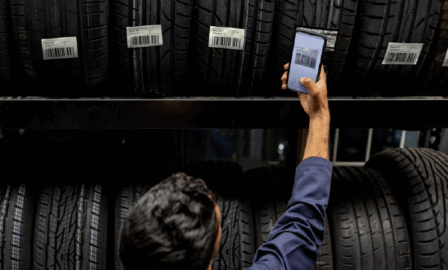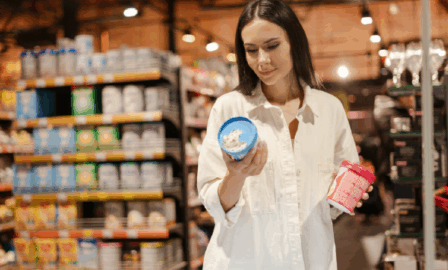How is the Private Label Evolving?
Retailers with private label products now have greater flexibility in their pricing strategy, according to research conducted by Clarkston Consulting. As part of this Retail Experience study, Clarkston Consulting expected to see increasing numbers of private label brands being carried on retail shelves. However, there were pricing trends among major brands compared to their private label counterparts that were surprising. Interested in better understanding this trend, Clarkston surveyed over 200 consumers across 28 states on their motivations for purchasing store brand products versus traditional national brands.
This Research Brief provides an overview of research conducted as a part of the Retail Experience, a national research initiative led by Clarkston Consulting to provide retail and shopping insights.
Key Findings
While price certainly remains an important issue for consumers, 28% of survey respondents said price was not a factor in choosing private label brands over national brands. These consumers cited product experience and loyalty as the key drivers of the purchase decisions.
- Only 12% of respondents cited the product being in-stock as a driving factor leading to the purchase of a retail store brand.
- Consumers are most likely to purchase store brands in the Food & Beverage category, followed by OTC Pharmaceuticals and Personal Care Products.
- The vast majority of consumers who purchased retail store brands in the Footwear & Apparel segment were in the 26-35 year old category.
- 86% of respondents have purchased a retail store brand in the Food & Beverage category in the past 3 months, followed by Drug (44%), Personal Care (28%), Health & Beauty (23%) and Footwear & Apparel (12%).
While conducting in-store observations as a part of this research initiative, data collectors observed that prices for several private-label brands were higher than their national counterparts, including one major private brand of oatmeal that was 12% more expensive per pound than an established national brand.
Private Label Evolution
There’s no arguing that consumers are initially drawn to store brands due to price. On average, retail store brands cost nearly 30% less than national brands.
But the evolution of this product type has occurred as more consumers branch out to try a private label – and have a positive experience.
Over time, consumers develop loyalty to retail store brands through the increase of perceived value for the brand. Retailers are then able to leverage this loyalty to introduce new products at higher price points.
Recommendations
Whether you are a manufacturer of traditional branded products, a retailer or a private label manufacturer, you need to consider strategies that lead to increased loyalty among your consumers, including:
- Innovation: With consumers willing to pay more for new products and perceived value, engaging with your consumers and delivering innovation will be the keys to success.
- Strategic Insights: Consider ways to leverage market research and customer data to gain more insights into the motivations of your shoppers and consumers.
- Brand Loyalty: Leverage ‘social listening’ strategies to better understand your consumers and their shifts in brand loyalty towards your products.
- Pricing: Invest in pricing analytics and optimization capabilities, to better understand how price increases in the category should impact your brands’ pricing strategy.
Regardless of your brand portfolio, one thing is constant – the retail landscape is changing. Are your brands evolving with it?
For more, please download our report.


